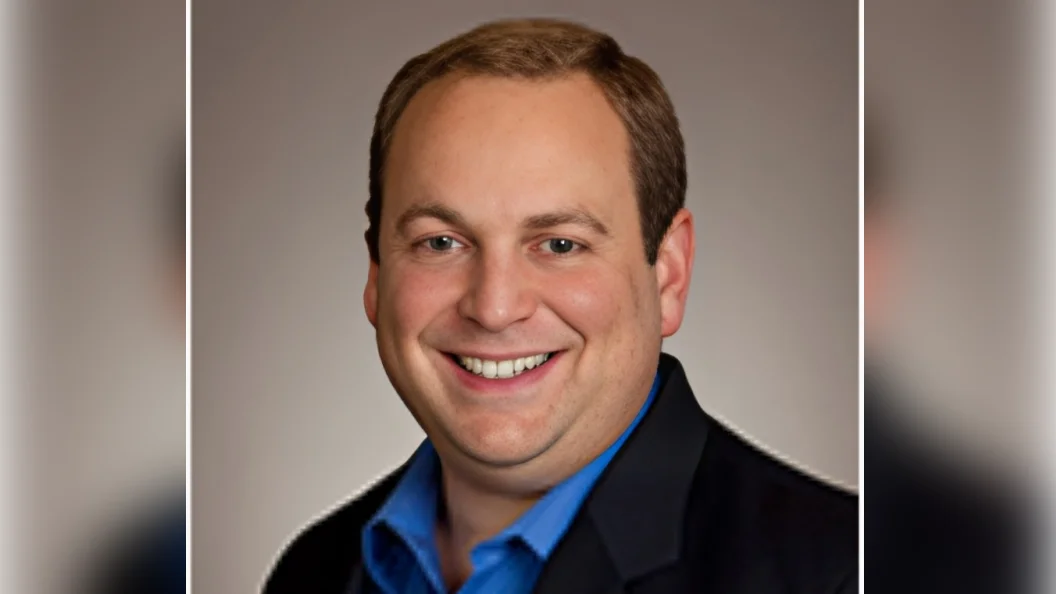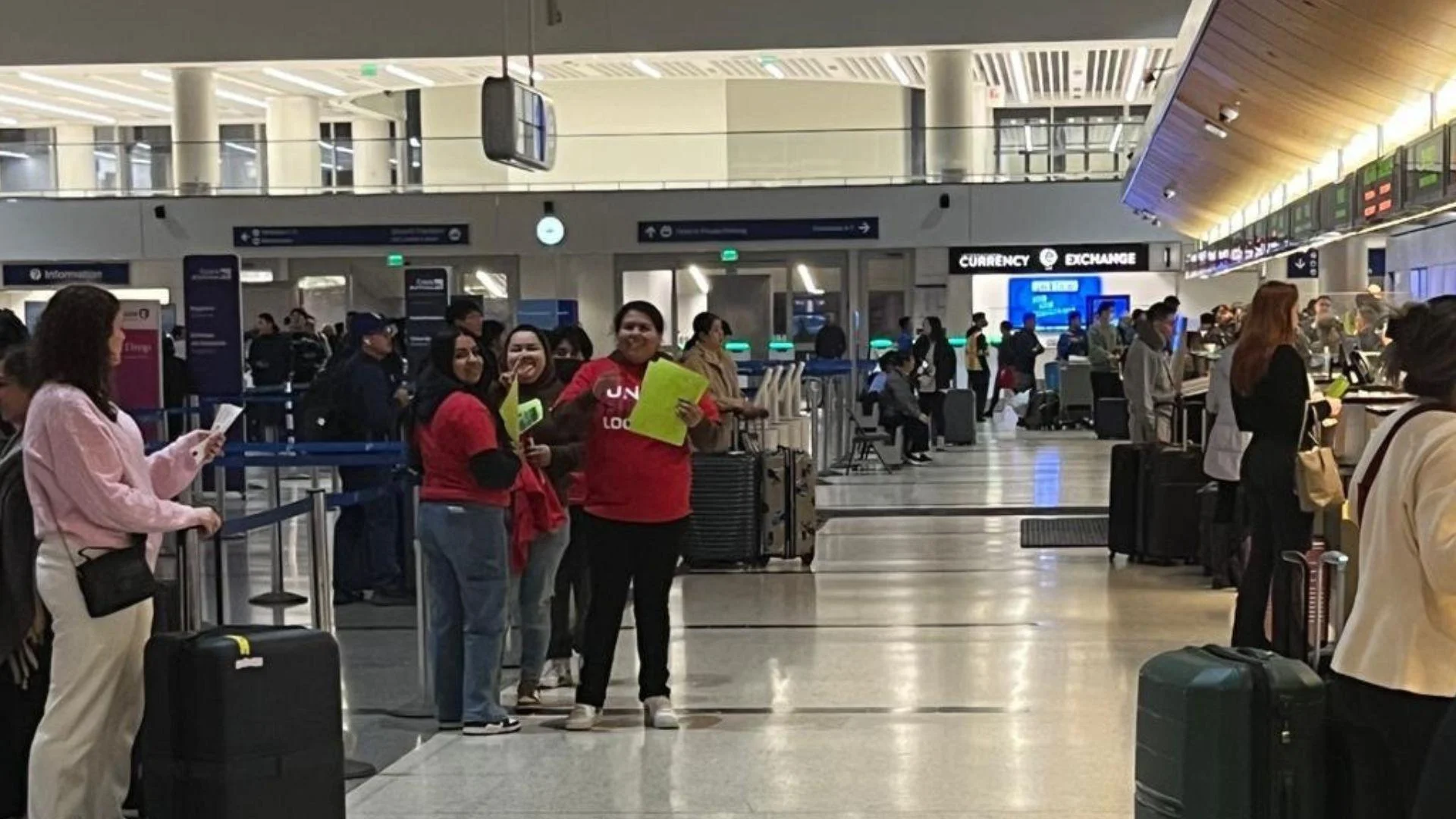The concern over problematic guests is not unfounded. According to data, 43% of property managers have dealt with noise complaints at their rentals, and 25% have had police involvement due to noise issues. Consequently, about 8% of hosts review social media profiles before accepting bookings.
Sebastien Long, CEO of Texas-based Lodgeur, emphasizes the importance of this vetting process for his company’s short-term apartment rentals in Houston. "We delve into social media as a more advanced check when we have suspicions about somebody," he stated. Long also conducts online news searches on potential guests to uncover any negative headlines or arrests.
Estimates suggest that approximately 2% of bookings are rejected based on these checks. Other rejections occur if guests lack perfect five-star reviews from past stays or fail to meet specific expectations such as stripping linens from beds or adhering to checkout times.
Hotels generally do not require such detailed guest research before confirming bookings and rarely impose additional requirements like linen stripping. Despite occasional instances where hotels research guests—often providing personalized touches—such practices remain uncommon.
One traveler shared experiences where hotels engaged in minor guest research: W Doha left memes in the room but provided lesser upgrades compared to other elites; Park Hyatt Vendome's social media manager greeted them upon check-in but suggested paying for upgrades; St Regis Abu Dhabi offered a cake with the traveler's blog logo during a one-night stay.
While never personally rejected by Airbnb and maintaining five-star reviews, this traveler noted that securing suitable accommodations through Airbnb requires significant effort compared to traditional hotels and is most beneficial when needing multiple bedrooms or staying in areas with limited hotel options.
 Alerts Sign-up
Alerts Sign-up




































